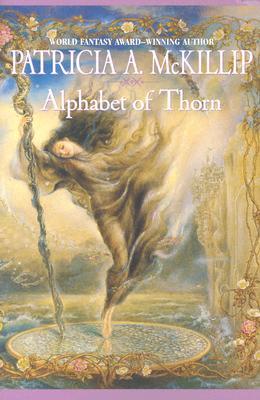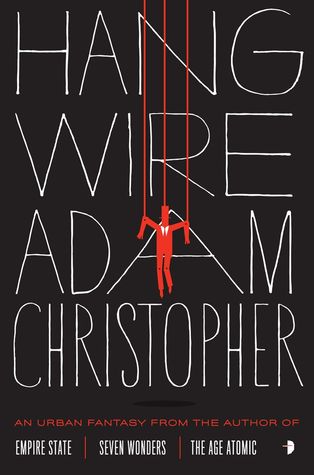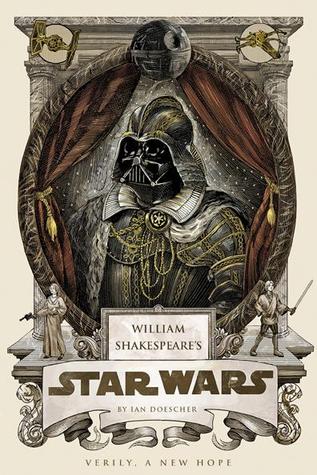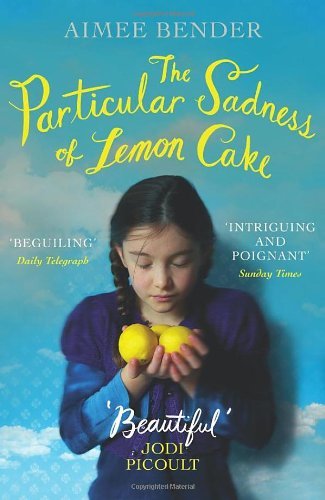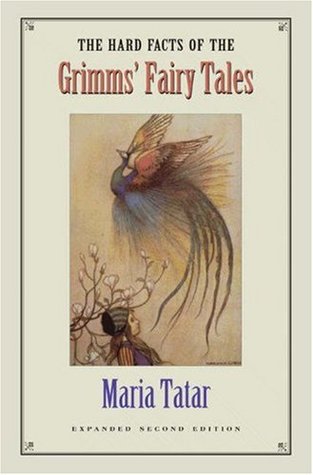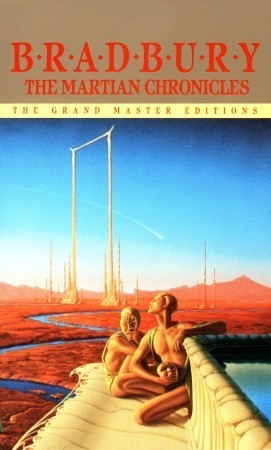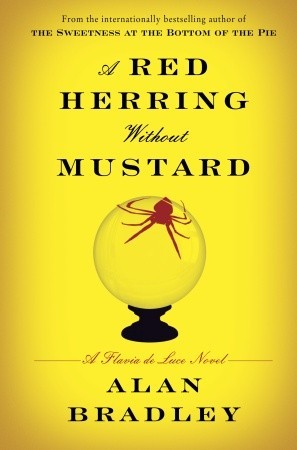 A Red Herring Without Mustard, Alan Bradley
A Red Herring Without Mustard, Alan Bradley
I’m somewhat torn on the subject of Flavia de Luce. I find the books fun to read, but the hail-fellow-well-met Englishness (as portrayed by a Canadian writer who never went to England prior to starting on the first book). It’s just a total fantasy, and I can never tell how seriously people are taking it.
As for the mystery in this particular installment, I figured it out relatively quickly, but it’s still fun to follow along, and I love that the main character is a young girl who is fascinated with science. It all has rather a Famous Five feel, ultimately, with Flavia de Luce playing all five (well, maybe the four humans — her bike, Gladys, or maybe her family’s servant, Dogger, could be Timmy): how a kid solved the mysteries the police couldn’t solve, with the police coming in at the end to wrap things up. I can even see Flavia’s father as Uncle Quentin…
One thing that is bothering me is Flavia’s relationship with her sisters. It’s played lightly, yet it’s frankly abusive. She’s constantly being told that no one loves her, no one would want to spend time with her, that she’s frankly unworthy of love… and I can’t tell how seriously people (including Alan Bradley) are taking that.
There’s more than a touch of Dahl’s Matilda in Flavia, but it never seems to get any deeper than that. At this point, I’m starting to want to know why Flavia’s sisters treat her that way, what effect this is really having on Flavia, whether this is just meant to build up a picture of a “quirky” family (ugh), or whether it’s meant to be leading somewhere. Playing pranks is one thing, even fighting, but psychological warfare? It’s really starting to get on my nerves.


